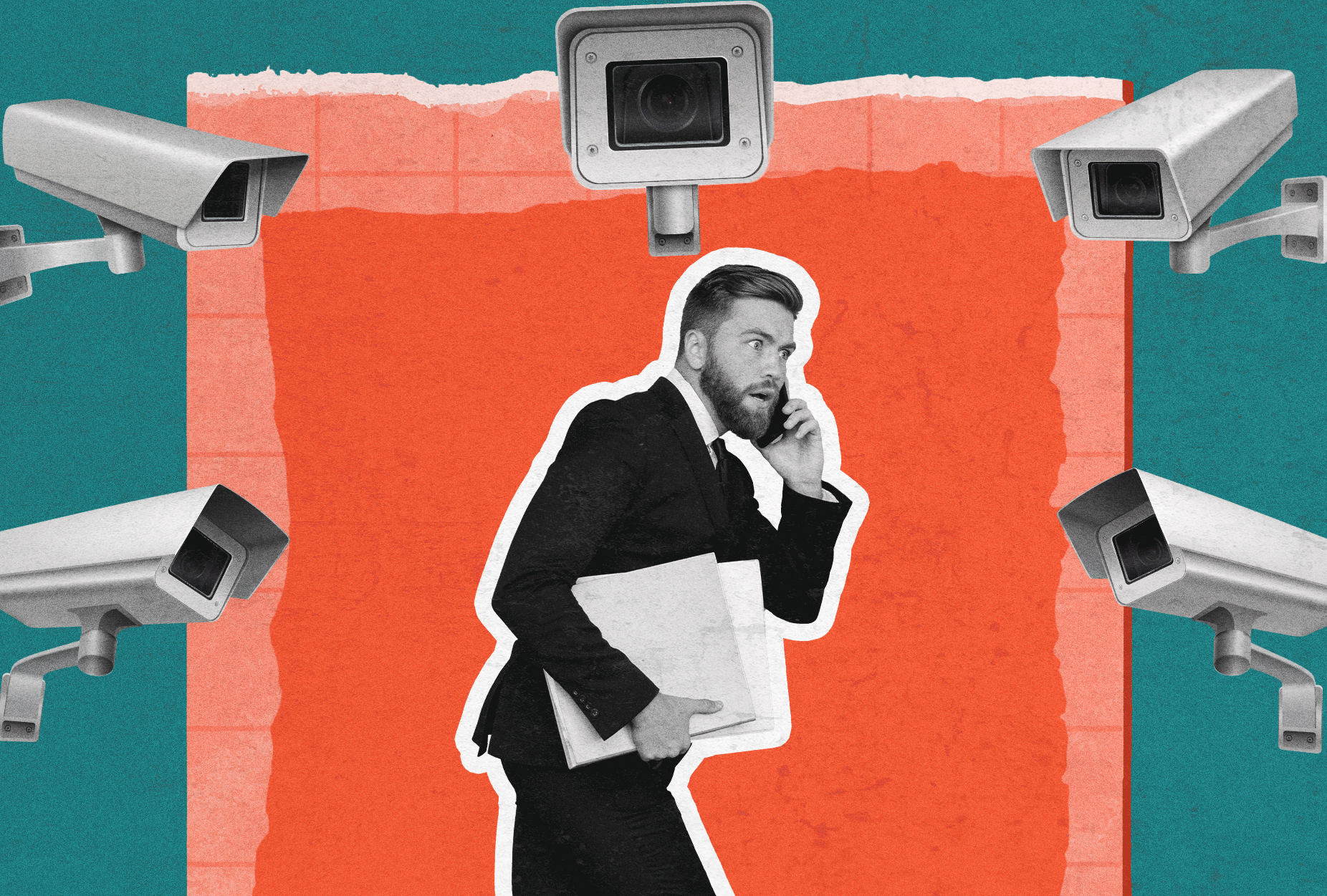7 Important Things To Know About CA Workplace Surveillance Laws


If you are like many workers in California, your boss may have you under surveillance through video, audio, or computer devices. You might be wondering if this is even legal. Surprisingly, it is indeed legal, as long as your employer is following California’s workplace surveillance laws.
7 Essential Facts About Workplace Surveillance Laws In California
1. Video Surveillance Is Allowed In Public Areas
Employers are legally allowed to place video cameras in public areas of the workplace, such as the entrance to the building, parking lots, open areas, and any other area in which someone would not have a reasonable expectation of privacy.
2. You Do Have A Right To Privacy In Certain Areas Of Your Workplace
Even if you work with the public, you need a little privacy now and then, and you expect your employer to respect that privacy. Lawyers refer to this as “reasonable expectations of privacy.”
California law prohibits employers from placing surveillance in areas where employees have reasonable expectations of privacy, such as:
- Restrooms
- Locker rooms
- Shower
- Dressing room
- Break room
Monitoring restrooms and other areas with one-way mirrors, also known as surveillance mirrors, is prohibited by California law. Video surveillance may also be prohibited in other areas in which people expect privacy, such as in their offices and smaller break rooms.
3. Your Boss Can Use Video Recordings To Monitor Your Performance
Your supervisor can use surveillance cameras to monitor your work performance, but only if they have a legitimate reason for doing so.
They can point the camera at you to monitor how well you:
- Interact with customers
- Comply with company policies
- Adhere to your work schedule
4. Employers Can Use Surveillance Cameras To Deter Theft Or Unauthorized Activities In The Workplace
Your employer can put up cameras in areas where theft or security breaches are most likely to happen, such as by cash registers, stockrooms, and storage areas. Employers may also use video surveillance to investigate possible employee misconduct, especially when there is a reasonable suspicion of theft, harassment, fraud, or other unlawful activity. They may also use video surveillance to monitor and address health hazards or safety issues, especially in high-risk industries.
5. Your Superior Is Required To Tell You About Surveillance
California employers cannot deploy cameras or monitoring software without first telling their workers. In fact, employers must provide a 14-day written notice that details what will be monitored and why.
6. You Have The Right To Know What Information They Are Collecting About You
You can also challenge the accuracy of the data your boss is collecting.
7. Workers Can Sue Their Employers Over The Use Of Surveillance
California law allows workers to sue, but only in certain situations.
More specifically, an employee can sue if:
- The worker had a reasonable expectation of privacy
- The employer violated the worker’s right to privacy
- The invasion of the worker’s privacy was severe
- The surveillance caused the worker to experience serious harm
Has Your Boss Gone Too Far With Surveillance? They May Have Violated Your Rights. Contact Your California Employment Lawyers At D.Law!
If your employer has violated California’s workplace surveillance laws, you may have a case. Our employment lawyers can help you end illegal surveillance practices in workplaces in the Bay Area, San Diego, Fresno, Los Angeles, and other CA cities. Contact us today to learn more about your rights in the workplace.

Ready to get started?
Contact us now for a free consultation to find out how we can help you.



















